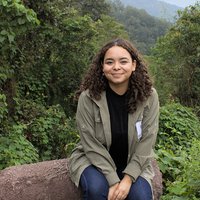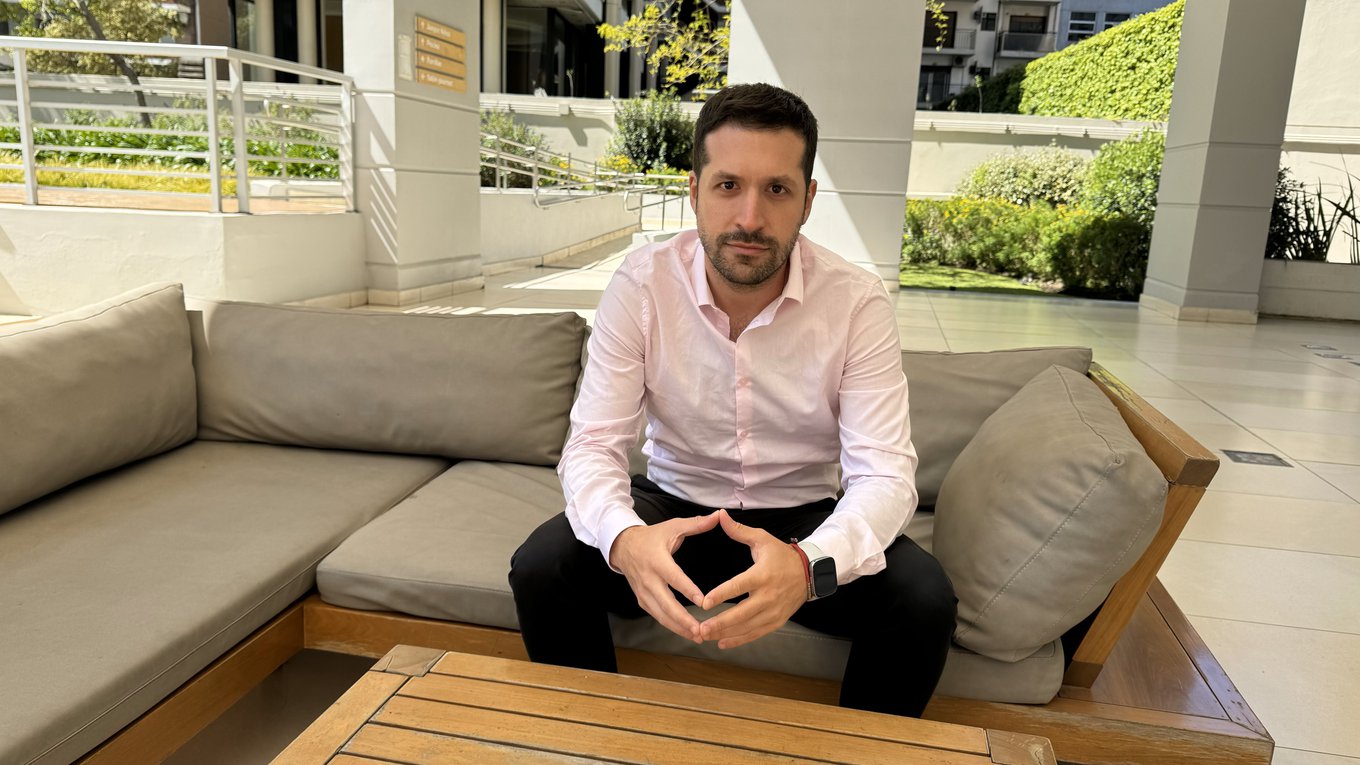Sudden
temperature changes, extreme weather events, and drought are key causes of
abiotic stress, a condition that alters crop development and reduces
productivity. According to scientific research, this type of stress is
responsible for half of the global crop losses. To mitigate its effects,
chemical products are often used, though these can be harmful to the
environment, while biological alternatives tend to lack sufficient
effectiveness.
M4Life
focuses on training microorganisms to enhance the efficiency of biological
products. To validate their technology, the company, led by Argentine innovator
Federico Wajnerman (34), developed the first bio-trained biostimulant. Wajnerman
holds a cum laude degree in Economics from the University of Buenos Aires and a
Master’s in Finance from the University of San Andrés, and has designed a
microorganism training system that delivers benefits to both trees and plants.
Wajnerman
made a dramatic career shift. With a background in finance and experience
working as a trader in a bank in New York City, he left Manhattan to venture
into the agricultural industry. “At the
most promising moment in my career, as I was growing professionally, I realized
something was missing. I understood that my purpose in life was to leave the
world better than I found it. My goal is to make a positive impact,” he
explains.
He chose
agriculture because he believes the industry has “an immeasurable impact.” “We’re not only protecting forests and nature, we’re ensuring that people have
access to proper food and nutrition. That’s essential to guaranteeing that
equal opportunity isn’t determined by being born in a place with limited
resources or poor access to nutritious food,” he adds.
This
Argentine economist traded offices for the lab. He’s developed a solution that
“trains” microorganisms, boosting their protective effects on plants. “Thanks to
this, trees and plants can better tolerate extreme conditions such as drought,
high temperatures, floods, and other threats to their survival,” he describes.
Beyond
helping crops withstand adverse conditions, the technology also regenerates
degraded soils. The work of M4Life “makes previously uncultivable land viable
again, supporting the healthy growth of plants and trees.”
Field
trials have already shown promising results, including larger, higher-quality
plants. “We achieved a 44% yield increase in soybeans in Argentina’s core
agricultural zone, the country’s most fertile region. This is especially
noteworthy because our product tends to work even better in degraded soils, so
achieving these results in high-quality land is extremely encouraging.”
For
specific crops, M4Life has boosted soy protein content by 14% and sunflower
lipid content by 9%, increasing oil yield. “These results are crucial in
contexts where crop losses threaten food security and the viability of the
agricultural industry.”
In the
coming years, M4Life plans to develop solutions for other industries beyond
agri-food. Wajnerman’s long-term goal is even more ambitious: “To stop
deforestation and preserve our natural resources without compromising global
food security.”
Winner of
first place in the Draper Startup House Acceleration Program 2024 and nominated
by Louis Dreyfus for the 2023 Climate Resilience Prize, Federico Wajnerman has
also been named one of the MIT Technology Review in Spanish 35 Innovators
Under 35.




